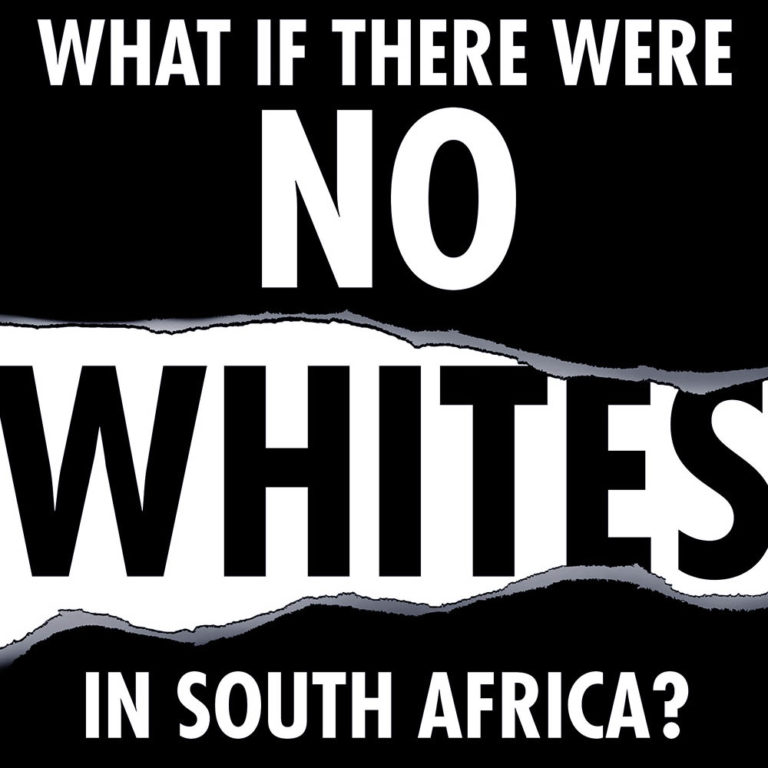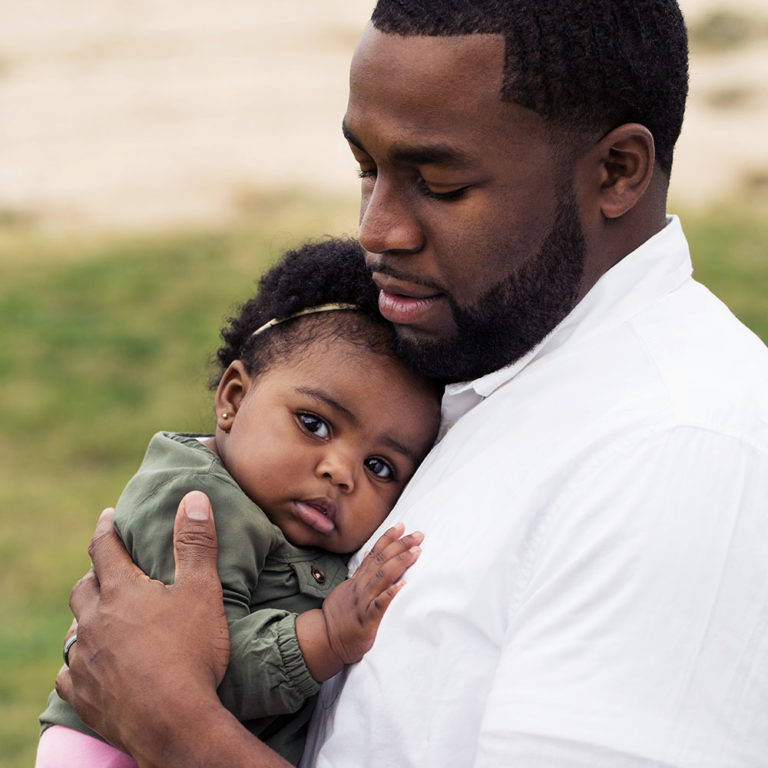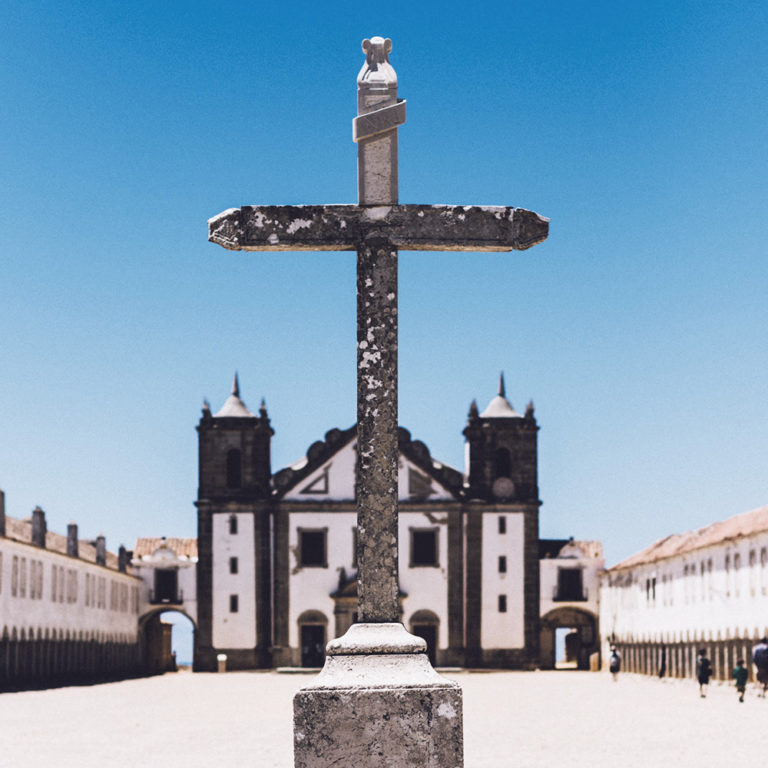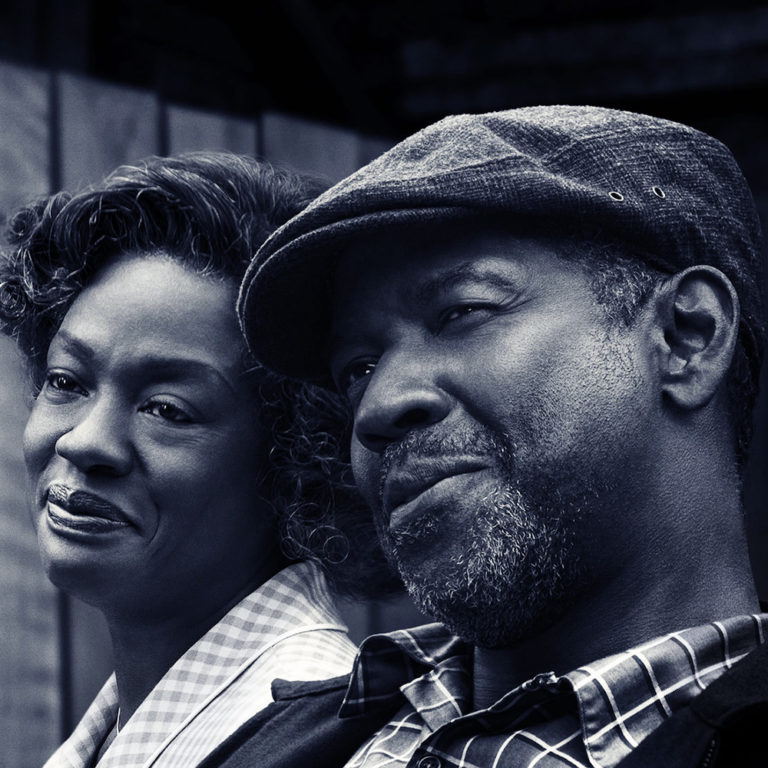What does ‘the least of these’ mean to you?
In your day-to-day life, you will no doubt come into contact with people who are seen as ‘less than’ by those around you.
Maybe you drive past them on a street corner or maybe they knock at your house door at night asking for some bread or clothes.
Perhaps it is simply someone at the office who no-one has made an effort to get to know, or else the student in your class who everyone ignores.
As I’m mentioning these categories, are you picturing someone who has been marginalised, cast to the side, forgotten or seen as less worthy in some way?
What have you done to reach out to them?
Some sheep and some goats
One of my favourite stories that Jesus told, albeit one that continues to challenge me and hold me accountable in life, is about a King who calls his subjects to stand before him. We can read the whole story in Matthew 25, but here is a short passage:
“Then the King will say to those on his right, ‘Come, you who are blessed by my Father; take your inheritance, the kingdom prepared for you since the creation of the world. For I was hungry and you gave me something to eat, I was thirsty and you gave me something to drink, I was a stranger and you invited me in, I needed clothes and you clothed me, I was sick and you looked after me, I was in prison and you came to visit me.’
When the subjects hear the king say that, they respond in a confused manner saying, “We never saw you or did any of those things for you. When were you hungry or thirsty or naked or in prison? We don’t remember that.”
The king’s response is significant:
‘Truly I tell you, whatever you did for one of the least of these brothers and sisters of mine, you did for me.’
The same conversation happens with those who the king accuses of not helping when he (the least of these) was in need.
In the story, those who showed compassion to the ones in need are described as sheep and the others as goats. The sheep enter into an eternal inheritance with the king and the goats are cast out.
What does it mean for me today?
So the Bible is suggesting that these actions (or lack thereof) have eternal consequences. But I want to scale it down a little and look even just at the present significance of these acts.
If you and I ignore those who are pushed to the side, then nothing changes. We are not acting any differently than so many people around us.
But the moment we interrupt the regular flow of actions and step towards the person seen as ‘the other’ and feed or clothe or visit or even just sit and listen to and spend time with… something changes. And it is hugely meaningful.
Relationship is offered. Dignity is restored. Hope is held out. Crisis is interrupted. Yes, there are eternal consequences alluded to, but in the here and now, a nation begins to be built up.
So this story has meaning on many different levels. A larger question is being asked about the state of your soul and it is looked at through the lens of your actions when it comes to people who are not as able to help themselves.
But at the same time, an opportunity is presented for a change to take place in a broken down part of society and all the positive consequences that might flow from that if it is genuinely followed up.
Those who have eyes
Be concerned about your soul and what happens to you after you die.
But also be involved with the state of the nation around you, especially in the lives of the people who you have direct access to and to whom reaching out in some way might be a life transforming thing. Both for you and for them.
Realise that perhaps in doing the one, you set yourself up well for the other.










